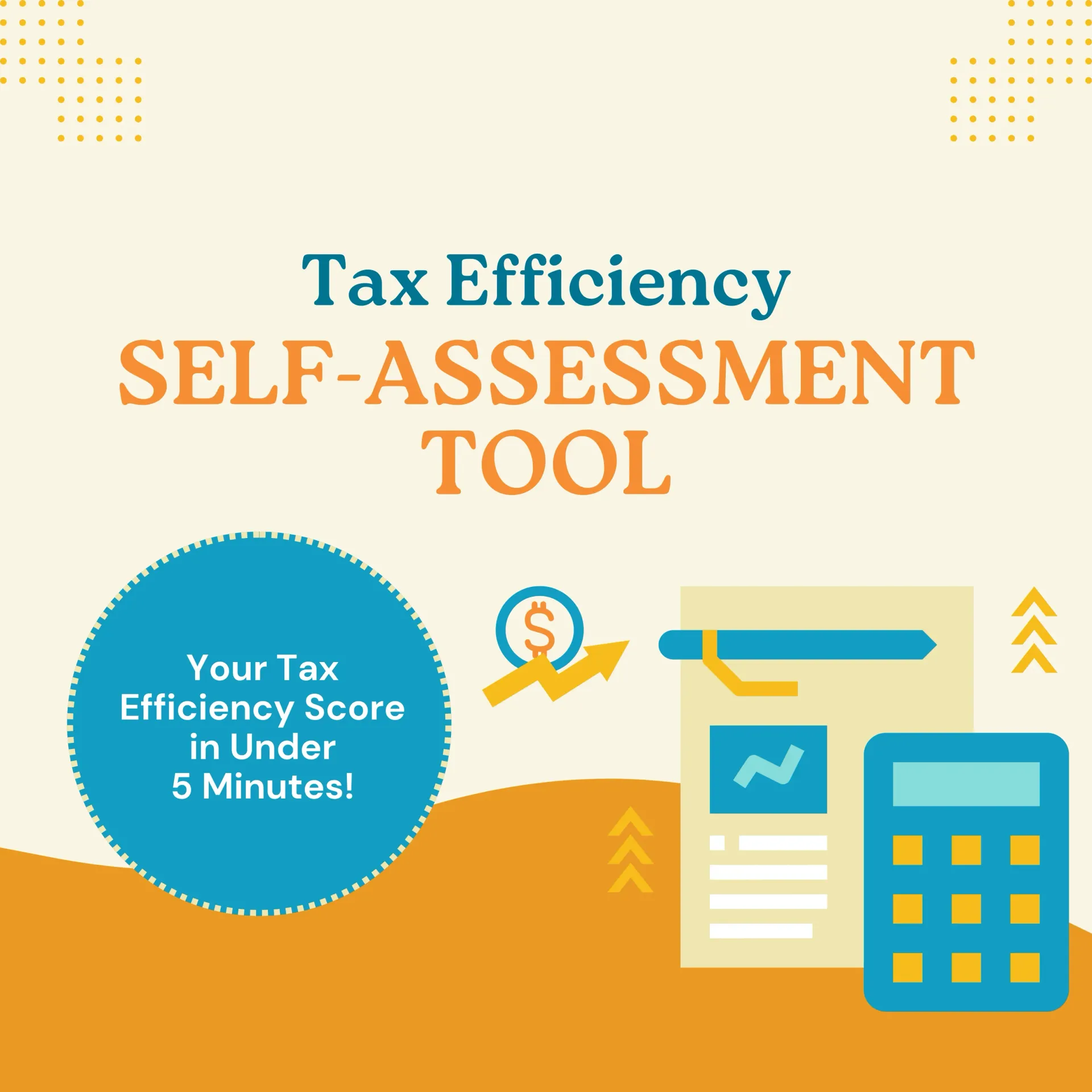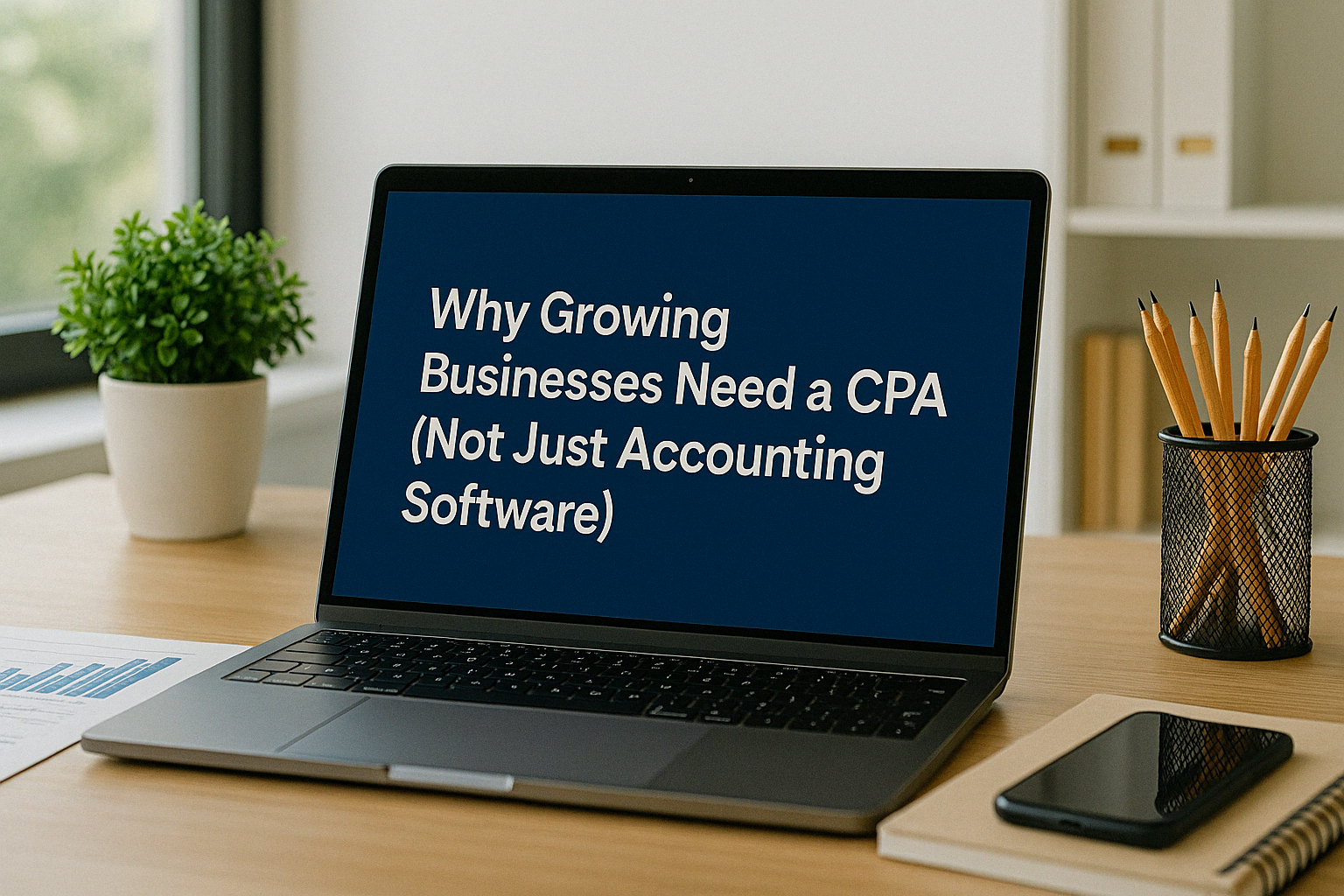Small Business Accounting: Common Mistakes to Avoid

Frequent accounting errors small business owners make and how to avoid them.
Small business accounting is the cornerstone of financial management for entrepreneurs, serving as a compass for navigating the intricate terrain of business finances. Whether you're launching a startup or steering an established enterprise, the ability to adeptly manage your company's financial affairs is paramount to sustainable success. In this comprehensive guide, we'll embark on a journey through the labyrinth of small business accounting, shedding light on the prevalent missteps that often ensnare unsuspecting entrepreneurs. Through real-world examples and actionable insights, we'll equip you with the knowledge and strategies needed to circumvent these pitfalls and chart a course towards fiscal prosperity.
1. Neglecting Regular Bookkeeping:
Imagine a budding cafe owner, consumed by the daily hustle of running her establishment, who overlooks the importance of regular bookkeeping. Amidst the whirlwind of brewing coffee, serving customers, and managing staff, she fails to maintain meticulous records of her financial transactions. Consequently, she finds herself adrift in a sea of disorganized receipts and invoices, unable to discern her true financial standing. By neglecting regular bookkeeping, she unwittingly jeopardizes her ability to track expenses, monitor revenue, and make informed business decisions. To avoid this fate, small business owners must prioritize the establishment of a robust bookkeeping system, whether through accounting software or manual methods, ensuring that financial records remain accurate, up-to-date, and easily accessible.
2. Mixing Personal and Business Finances:
Consider the plight of a freelance graphic designer who commingles her personal and business finances, blurring the once-clear boundary between the two realms. She habitually uses her personal credit card to cover business expenses, unwittingly intertwining her professional affairs with her personal finances. As a result, she inadvertently obscures her business's financial performance, complicates tax filings, and exposes herself to potential legal ramifications. To safeguard against such pitfalls, entrepreneurs must adopt a steadfast commitment to segregating personal and business finances from inception. By opening distinct bank accounts and credit cards for business transactions, they can fortify the integrity of their financial records and mitigate the risk of entangling personal assets with business liabilities.
3. Failing to Reconcile Accounts Regularly:
Picture the scenario of a burgeoning online retailer who neglects to reconcile her accounts regularly, unwittingly inviting chaos into her financial realm. Amidst the hustle and bustle of fulfilling orders and managing inventory, she overlooks the imperative task of reconciling her bank statements with her accounting records. Unbeknownst to her, this oversight allows discrepancies to fester unchecked, casting a shadow of doubt over the accuracy of her financial reporting. Consequently, she finds herself ill-equipped to detect erroneous transactions, fraudulent activity, or accounting discrepancies promptly. To avert such calamities, small business owners must embrace the discipline of regular account reconciliation, ensuring that their financial records remain in harmonious accord with their bank statements.
4. Ignoring Tax Obligations:
The tale of a passionate restaurateur serves as a cautionary reminder of the perils that await those who disregard their tax obligations. Entranced by the culinary delights that grace her menu and the bustling ambiance of her establishment, she unwittingly neglects her duty to fulfill her tax obligations in a timely and accurate manner. Consequently, she finds herself ensnared in a web of penalties, fines, and legal entanglements, jeopardizing the very existence of her beloved eatery. To evade such dire consequences, small business owners must vigilantly uphold their tax obligations, meticulously documenting income and expenses, filing tax returns punctually, and seeking professional guidance when navigating the labyrinthine corridors of tax law.
5. Overlooking Cash Flow Management:
Visualize the predicament of a fledgling manufacturing company, intoxicated by the promise of burgeoning demand and burgeoning profits, who neglects to heed the clarion call of cash flow management. Amidst the clamor of production schedules and supply chain logistics, they fail to monitor their cash flow with the vigilance it demands. Consequently, they find themselves ensnared in a quagmire of cash shortages, delayed payments, and mounting debts, imperiling the very foundation of their enterprise. To extricate themselves from this perilous predicament, small business owners must embrace the discipline of effective cash flow management, forecasting future cash flows, monitoring inflows and outflows, and implementing prudent strategies to optimize liquidity.
6. Neglecting Financial Analysis:
Consider the tale of a visionary entrepreneur who, consumed by the daily exigencies of running her business, neglects the invaluable insights that financial analysis affords. Enthralled by the pursuit of innovation and expansion, she disregards the imperative task of scrutinizing her company's financial performance. Consequently, she remains oblivious to warning signs of impending financial distress, squandering opportunities for optimization and growth. To harness the transformative power of financial analysis, small business owners must cultivate a habit of regular review and analysis of key financial metrics, illuminating the path to informed decision-making and sustained prosperity.
In the crucible of small business ownership, adept navigation of the labyrinthine corridors of accounting is paramount to sustainable success. By heeding the lessons gleaned from real-world examples and embracing the principles of meticulous record-keeping, disciplined financial management, and strategic foresight, entrepreneurs can fortify the financial foundations of their enterprises and pave a pathway to prosperity. Armed with the knowledge and strategies delineated in this guide, small business owners can transcend the pitfalls that ensnare their less-prepared counterparts, emerging victorious in the pursuit of their entrepreneurial aspirations.
Discover Your Tax Savings Score in Minutes!


Salim is a straight-talking CPA with 30+ years of entrepreneurial and accounting experience. His professional background includes experience as a former Chief Financial Officer and, for the last twenty-five years, as a serial 7-Figure entrepreneur.




